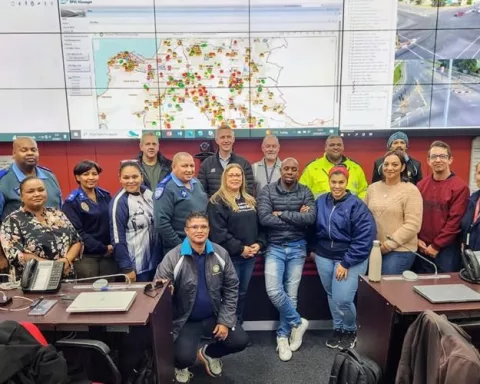At the recent BRICS Urbanisation Forum in Durban, South Africa, Minister Thembi Nkadimeng discussed the importance of building urban resilience in BRICS cities. As urbanization continues to accelerate, cities face numerous challenges related to infrastructure, resources, and communities. To address these challenges, effective governance, policy frameworks, and collaborative efforts are essential.
Effective Governance and Policy Frameworks
To advance urban resilience, policymakers and leaders must create an enabling environment that fosters collaboration, coordination, and innovative solutions. The District Development Model (DDM) in South Africa exemplifies this approach, bringing together government and civil society to tackle daily challenges.
Resilient Infrastructure
Investing in resilient infrastructure is crucial to building urban resilience. Cities must be equipped with reliable and sustainable systems for water supply, sanitation, energy, transportation, and communication. Adopting innovative technologies and embracing nature-based solutions can enhance the adaptability of infrastructure, making it more resilient to climate change and other disruptive forces.
Localizing the Sustainable Development Goals
Each BRICS country has unique contexts, challenges, and opportunities, requiring tailored approaches to achieve the Sustainable Development Goals (SDGs). Localizing the SDGs aligns global aspirations with local realities, ensuring targeted and impactful efforts.
Innovative Approaches from BRICS Countries
BRICS countries have implemented innovative approaches to building urban resilience. China’s “sponge cities” integrate green infrastructure for stormwater management. Brazil’s favela upgrading programs improve infrastructure and social services in informal settlements. Russia’s green building practices and urban heat island mitigation measures enhance sustainability in cities. India’s climate-resilient housing and urban greening initiatives promote environmental sustainability. South Africa’s informal settlement upgrading and renewable energy integration in urban development plans enhance resilience.
Urban Data Intelligence
Urban data intelligence is an important component of building urban resilience. Data provides insights into the vulnerabilities and risks faced by cities, allowing for targeted investments in resilient infrastructure, early warning systems, and capacity-building programs. Embracing data-driven approaches, investing in data collection systems, and building analytical capacities can optimize resource allocation and monitor the effectiveness of resilience measures.
As representatives of the BRICS nations, leaders have a unique opportunity to inspire change and build a better future for cities and communities. The BRICS Urbanisation Forum serves as a platform for sharing best practices, developing robust strategies, and engaging in key debates that will move the international community towards creating resilient spaces in cities and towns.








